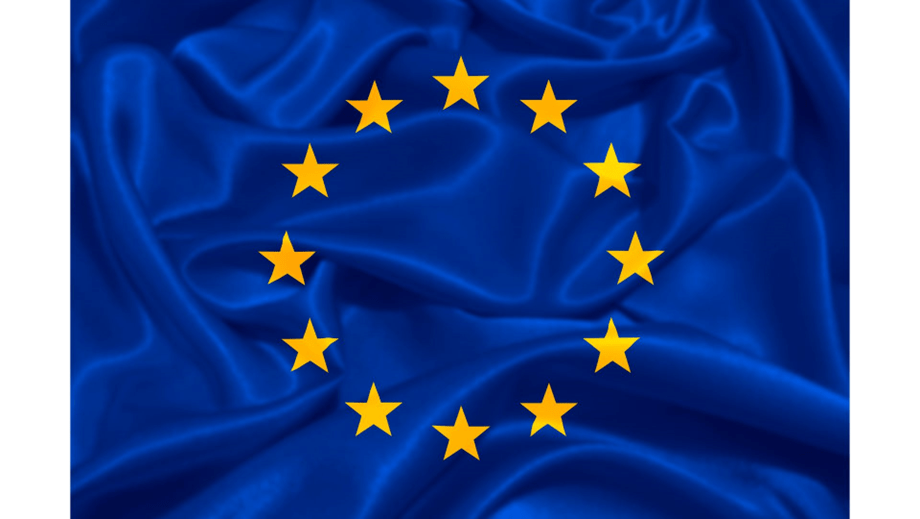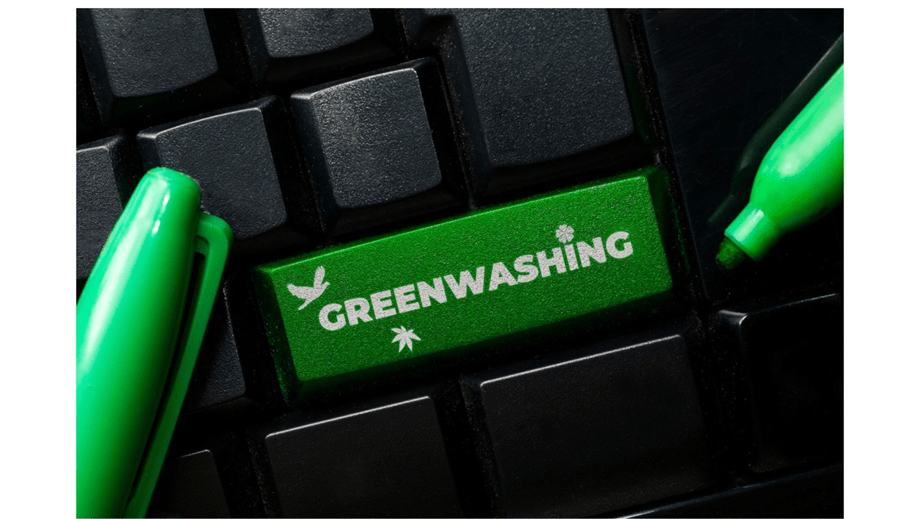Recently, exciting news has shaken the sustainability world in the European Union: the introduction of new regulations that redefine how product sustainability is communicated. This regulation, known as the Ecodesign for Sustainable Products Regulation detailed in the EU official website, states that any company whishing to communicate sustainability aspects or features of its products must support this information with verifiable evidence or certifications by third parties. In other words, if a brand claims that its product is sustainable, organic, biodegradable, eco-friendly, among others, it must have studies, certifications or justifications that support these claims.

This measure represents a major step forward in the fight against greenwashing, a dishonest practice in which some brands exaggerate or distort the sustainable features of their products for commercial purposes. The new regulations will force companies to be more transparent and responsible in their communications, which will benefit consumers by providing them more truthful information when making decisions, and, certainly, the environment.
How should brands react to this new regulation?
In order to enter the European market or to be prepared for future similar regulations in Latin America, which -trust me! are coming, brands must follow some key guidelines.
Firstly, they must implement an impact measurement strategy, as we have discussed in previous articles, this is necessary to have clear indicators on all the sustainable attributes of their products. Secondly, they must have a traceable and certified supply chain, which will provide greater knowledge and transparency in decision making. Thirdly, seeking to invest in certifications, I think it is an important point that is being left aside due to the high levels of investments it usually requires, but it becomes necessary for the subsistence of the brand if it wants to be sustainable. And finally, it is essential that brands do not communicate just for communicating, but rather do so in an honest and connected way with the true nature of their products, ensuring that all information is truthful and verifiable.

In summary, the new EU regulation marks a milestone on the path towards a more sustainable and transparent economy. Brands that adopt these practices will not only comply with regulations, but will also gain the trust and loyalty of consumers looking for truly sustainable products.



